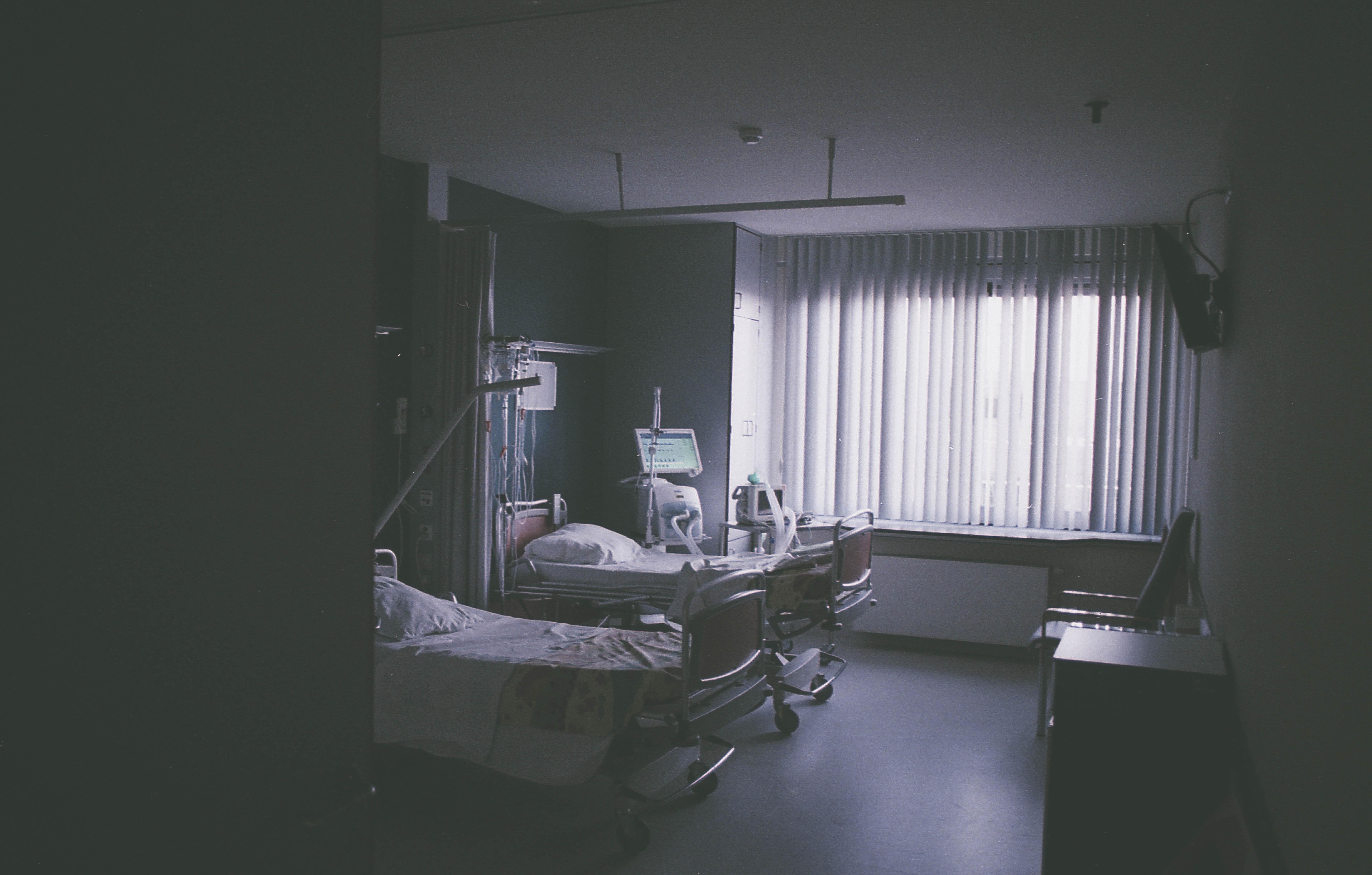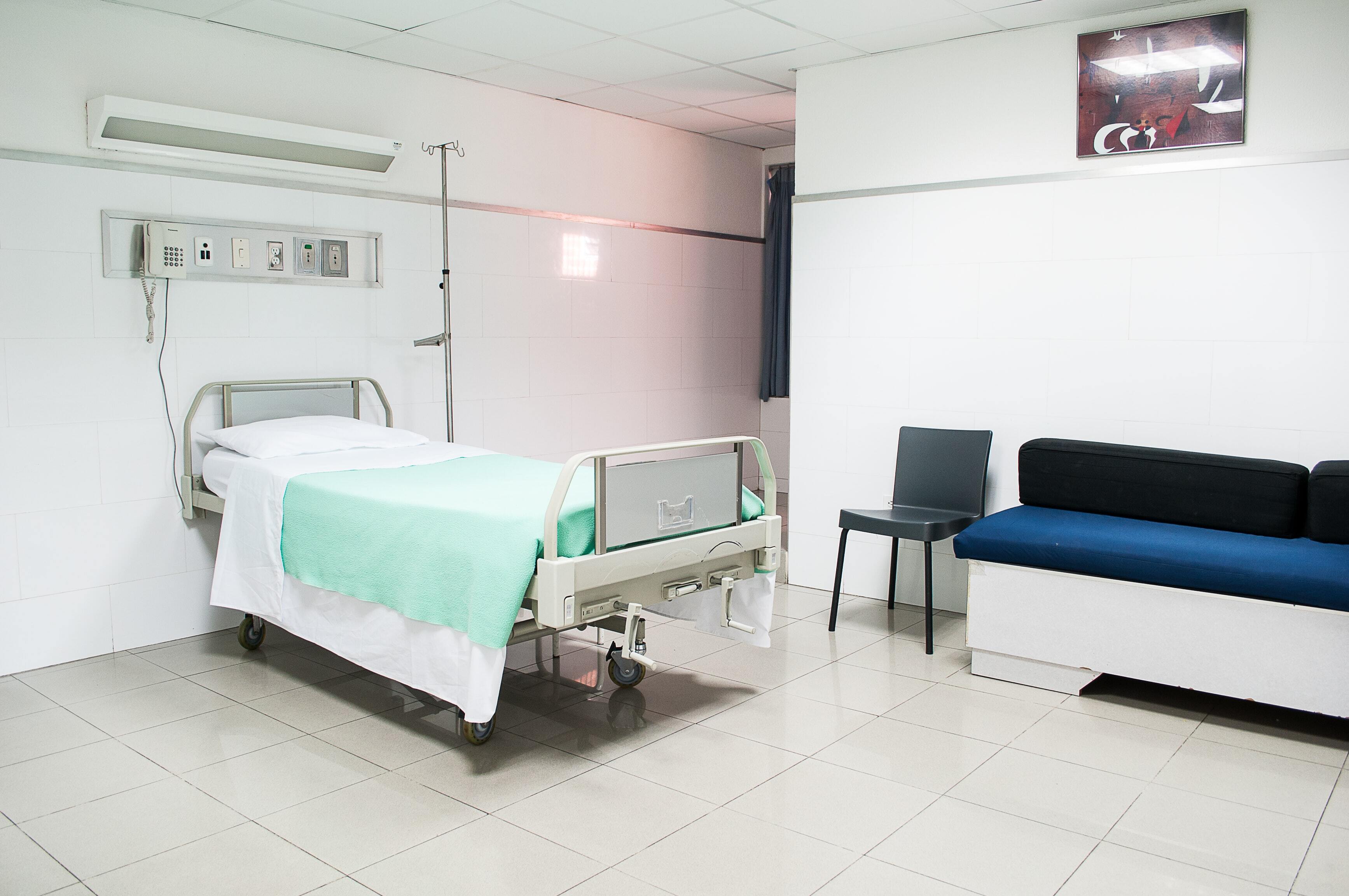What is the impact of room choice on health insurance?

Hong Kong is fortunate enough to have one of the world's best Healthcare systems. However, it is two tiered; a public system sits alongside a private system. And while the public system is extremely low cost and able to provide a very high level of Medical Care, many people opt instead to go with private medical treatment.
Unfortunately, Hong Kong’s private healthcare system is the second most expensive in the world after the USA.
This means that health insurance is often required in order to access Hong Kong’s private medical system, primarily due to the extreme costs of these services. Whatever your reasons are for wanting to utilize private healthcare services, insurance is going to be a valuable asset in helping you pay your bills should you ever require serious medical attention.
There is one largely overlooked aspect when it comes to Hong Kong health insurance, or even your own out-of-pocket healthcare that can have a fundamental impact on your cost of treatment. It’s slightly bizarre, especially if you’ve never come across the idea before or if you are only used to dealing with single payer healthcare systems, but this small detail of your health insurance plan will have a knock-on effect on your entire policy.
\When for health insurance you are able to select a room class
All health insurance products in Hong Kong start with an inpatient coverage benefit. In fact, CCW Global does not currently offer any health insurance products which do not include inpatient medical protection.
When setting up the inpatient portion of any health insurance plan in Hong Kong, even if you are simply obtaining an inpatient-only policy, you will need to select the type of room that you will be staying in while in hospital.
Remember, inpatient health insurance only covers the cost of treatment where an overnight stay in hospital (or a similar facility) is medically necessary. As such, in order to receive inpatient medical protection under your health insurance policy you will, by definition, require a room to stay in for at least one night.
When it comes to hospital rooms, its probably more helpful to think about hotels because the costs are equivalent. For example, at the Adventist Hospital the nicest private room will cost you HK$ 8,400 (US$1,083) a night, with the cheapest possible ward going for HK$ 500 (US$ 64) a night. It’s essentially the difference between a stay at the Peninsula and a hostel in Chung King mansions. In a ward, no matter which hospital you go to, you can be sharing a room with up to 5 people. In the public system, at somewhere like the Queen Mary hospital in Pok Fu Lam this can be as many as 10 people! In a private room, you’re all alone, able to recuperate in peace and quiet.

Your room dictates your costs
The downside to getting one of those ultra-comfortable private rooms is that you will be increasing your cost of care.
This is due to the fact that, in Hong Kong, the type of room you select as an inpatient will influence the overall cost of care; with standard wards receiving costs that are essentially the benchmark, and each improved class of room increasing by a percentage over the previous level.
Bandages, equipment, and tools are much more expensive for individuals staying in a private room than they are for people who are using a ward accommodation. Even a visit from your doctor, or the surgical fees, will be inflated because you have opted to stay in a nicer room.
Every single cost at a Hong Kong hospital is influenced by your room choice. The final bill can be much higher depending on whether you chose a private room or a ward, or even if you required a stay in an intensive care unit. But the good news is that you have choice as to the room you stay in, with most private hospitals offering an option of:
- 5 bed ward
- 3 bed ward
- 2 bed semi-private
- 1 bed semi-private
- Private
- Private VIP
So as a private consumer you have choice. It may not be as nice sharing a room with 5 other people, but if you’re paying for the cost of treatment out of pocket (perhaps because you’re dealing with a pre-existing medical condition, or maybe you’ve chosen not to buy health insurance) opting to go with a lower class of room can be an effective means of containing your healthcare costs.

Room options and health insurance
If you’re being protected by a health insurance policy then you will have chosen your room class when setting up the policy.
Most international health insurance plans will normally offer policyholders the choice of receiving treatment in a Semi-private or Private room. Health Insurance policies underwritten by local Hong Kong insurance companies will also usually include the option of a Ward in the room choice.
It is important to realize that choosing a private room over a semi-private room will be a much more expensive option. This is due to the previously mentioned fact that private rooms are both much more expensive and that all subsequent healthcare costs are based on your room choice. As such, opting to take a health insurance plan with coverage for a private room means that you are a much bigger “risk” for the insurance company. This is to say, should you require inpatient medical treatment your bills will always be bigger than someone receiving the exact same care but who is staying in a semi-private room.
Additionally, while international health insurance plans will generally have extremely high overall annual limits, normally in the region of millions of US dollars, serious long term care for a person staying in a private room will be extremely expensive – and while the coverage maximums afforded to policyholders with the plans offered by CCW are very high, there is always the possibility that your room choice can mean that costs spiral beyond the plan’s coverage limit. In this situation you would then be responsible for paying any additional medical fees until the limit is reset at the start of the new policy year.
This is an extremely unlikely scenario under an international health insurance policy, but could very well happen with a Hong Kong Health Insurance plan that has a much lower overall maximum limit. It is precisely for this reason that Hong Kong health insurance plans will offer ward options under a policy, to give a plan with lower levels of coverage breathing room in a worst-case situation.
Because all the costs of care at a Hong Kong private hospital depend on the type of room you’ve selected, lower level rooms are far more in demand than higher ones. Trying to get a 5 bed or 3 bed ward room at a facility like the Adventist can be almost impossible at time; because it is the most affordable way to access a, perceived, higher standard of care.
In some cases, depending on the hospital, it is possible to request a ward room but should all the wards be full you will likely be accommodated in a semi-private room while still paying the costs of ward pricing. This is due to the fact that wards are almost always full, and hospitals are unlikely to turn away patients. However, you should not rely on this, or attempt to game the system by intentionally requesting a ward and expecting a semi-private room; it is entirely up to the hospital’s discretion.
At the end of the day, no matter what room you choose at the hospital a quality international health insurance policy is going to be your best bet for managing costs while still ensuring you are receiving the best possible healthcare, no matter what happens.



